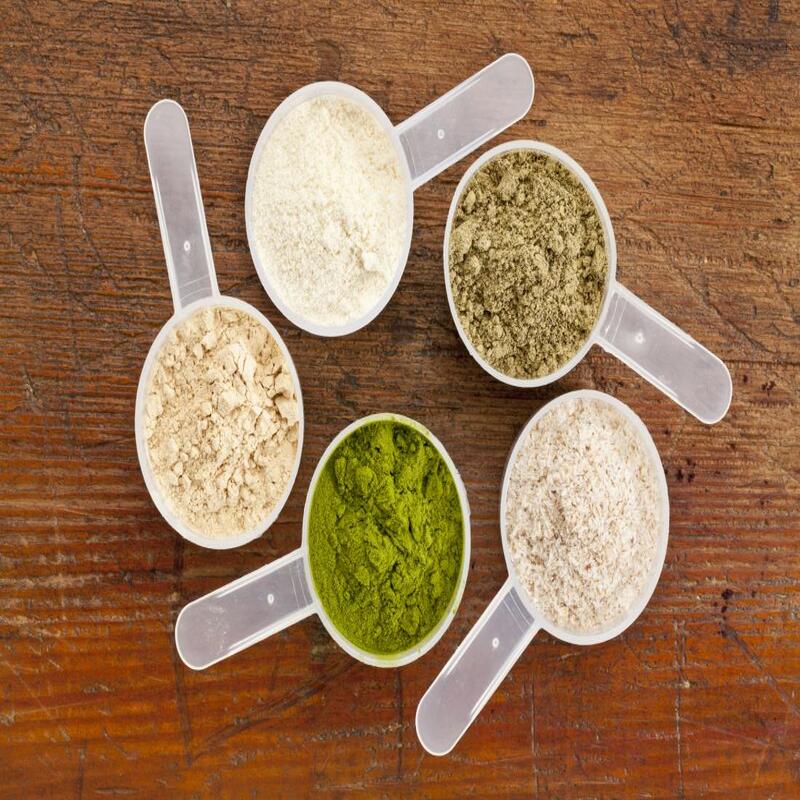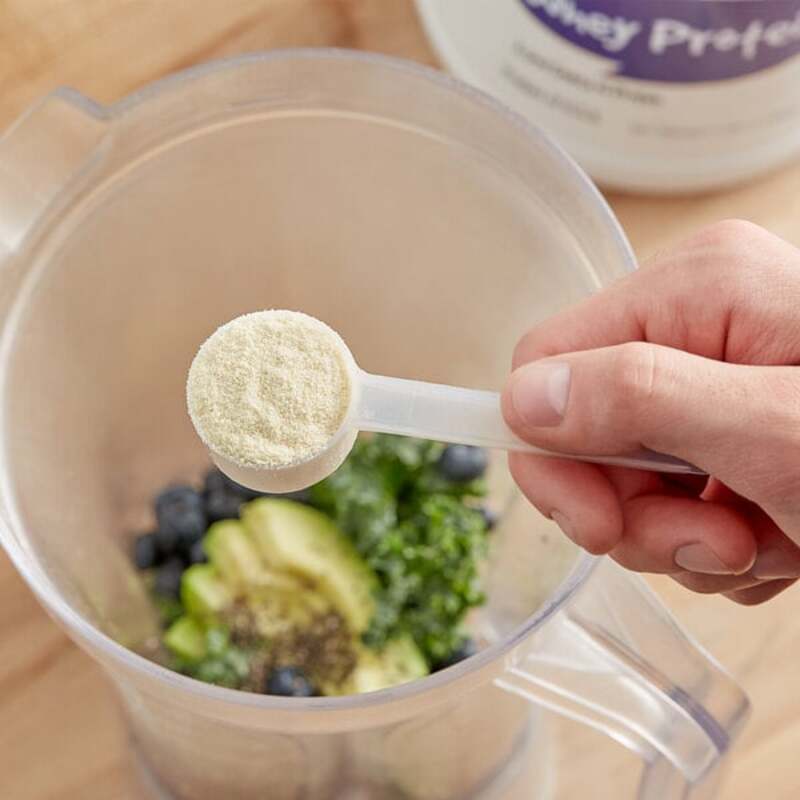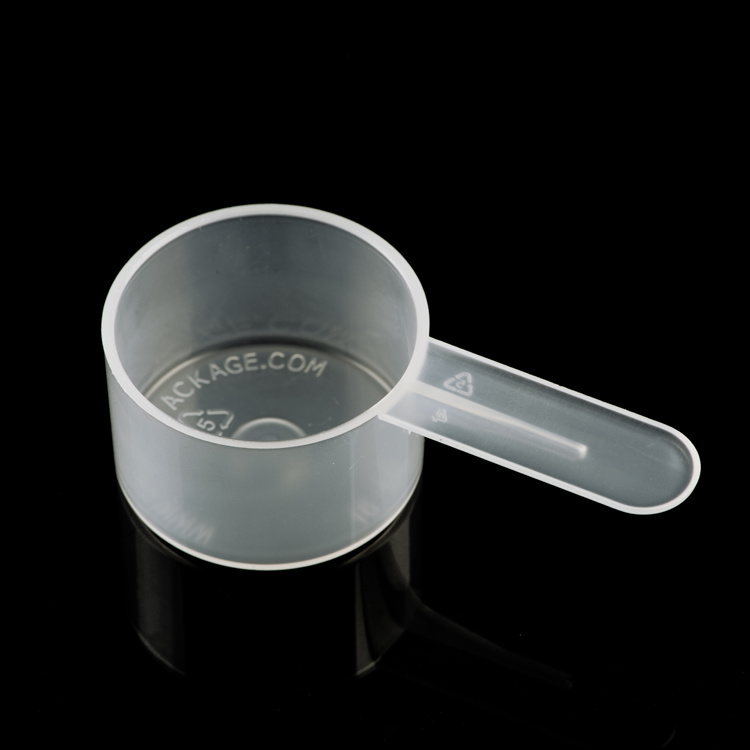Finding the right amount of protein powder you should consume daily is essential for your fitness journey. Protein powder can be a great supplement, especially for those who weight train or engage in high-intensity sports. However, deciding how many scoops to take is not straightforward. Several factors influence the required amount of protein, including age, weight, activity level, and personal goals. In this article, we will explore these factors in depth. By the end, you will have a clearer understanding of how to appropriately incorporate protein powder into your diet.
Understanding Your Protein Needs
The Role of Protein in Your Body
Protein is a vital macronutrient needed for multiple functions in the body. It helps repair tissues, build muscles, and produce enzymes and hormones. Without enough protein, your body may struggle to recover from workouts. Additionally, your immune system may weaken without it. Furthermore, protein plays a significant role in satiety, which can help manage weight. By keeping you feeling full for longer, protein can aid in controlling cravings and reducing snacking. Understanding how much protein your body needs is crucial for achieving your fitness goals.
Factors Affecting Protein Requirements
Your unique circumstances will dictate how much protein you should take daily. Age, weight, and activity level are significant contributors. For example, athletes typically require more protein than sedentary individuals. The general recommendation for protein intake is 0.8 grams per kilogram of body weight for sedentary adults. This number increases substantially for active individuals. In contrast, older adults may also need more protein to combat muscle loss associated with aging. All these factors should be considered when determining your protein powder intake.
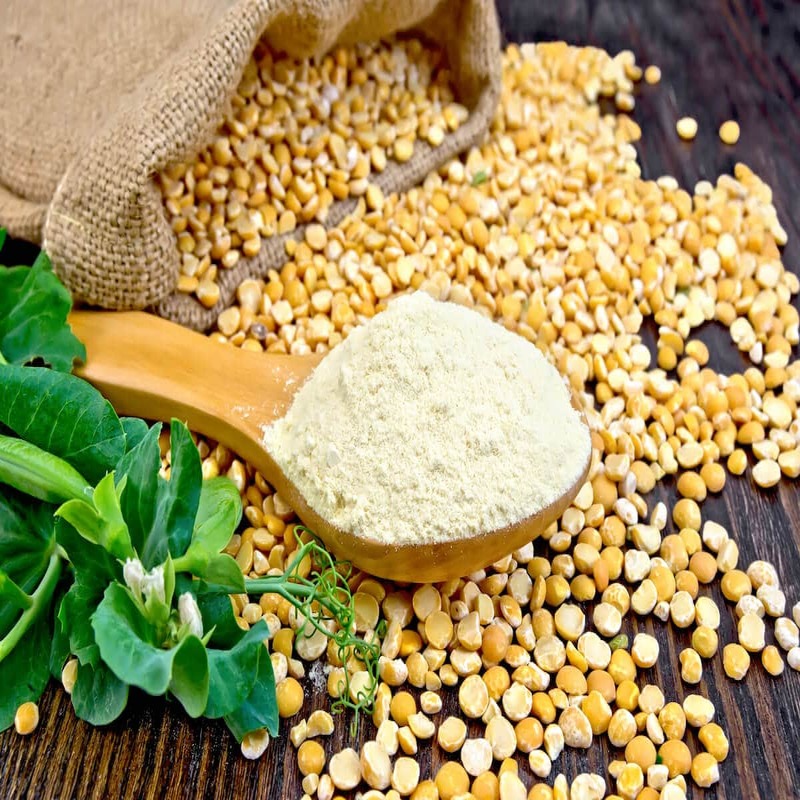
Daily Protein Intake Recommendations
General Guidelines for Protein Consumption
The Recommended Dietary Allowance (RDA) for protein is a great starting point for most people. For moderately active adults, a daily intake of around 46–56 grams is suggested. For athletes, however, this number is significantly higher. Research indicates that athletes may require between 1.2 to 2.0 grams per kilogram of body weight. Consequently, if you weigh 70 kilograms, your protein requirement could range from 84 to 140 grams per day. It is crucial to remember that protein from whole foods should always be prioritized. Protein powder should serve as a supplement, not a replacement.
Using Protein Powder Effectively
Integrating protein powder into your diet can help you meet your daily protein needs. However, the timing of protein intake can also impact its effectiveness. Many experts recommend consuming protein within 30 minutes post-workout for optimal muscle recovery. Additionally, distributing protein intake throughout the day is essential for muscle protein synthesis. Consuming multiple smaller servings can maximize the benefits of protein. Thus, if you use protein powder, plan its intake strategically. Filling in gaps in your diet and optimizing its timing can make a significant difference.
Calculating Your Daily Protein from Powder
Evaluating Your Current Diet
Before determining how many scoops of protein powder you should take daily, assess your current dietary intake. Write down the protein sources you typically consume each day. You can do this by keeping a food diary or using a calorie-tracking app. This information will help you understand how much protein you’re already getting from food. After gathering this data, calculate the total protein intake. Subtract that number from your daily protein requirement to see how much you need to supplement with protein powder.
How Many Scoops Should You Take?
Most protein powders contain about 20 to 25 grams of protein per scoop. If you’re falling short of your daily protein needs, you can easily fill that gap with protein powder. For example, if you find you need an extra 30 grams and each scoop offers 25 grams, you can take one scoop and get the remaining protein from food. However, ensure not to exceed your body’s upper limits for protein. Excessive intake can lead to kidney strain, dehydration, and other complications. Moderation and balance are key.
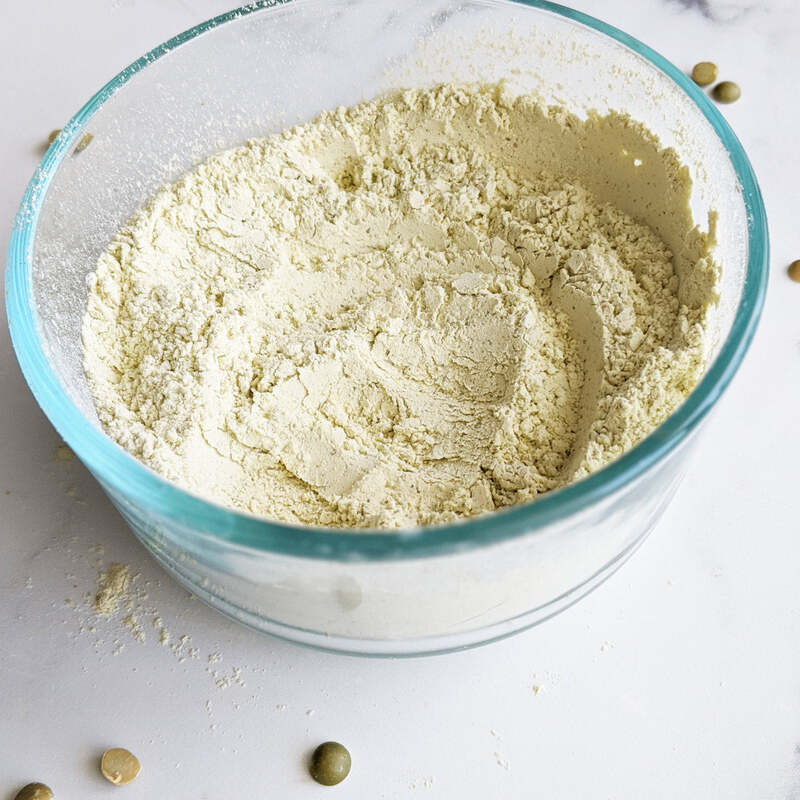
When to Take Protein Powder
Timing Your Protein Intake
The timing of your protein intake can significantly enhance its benefits. For those involved in strength training or intense workouts, consuming protein directly after exercising may aid recovery. During this period, your muscles are most receptive to nutrients. Additionally, having protein-rich snacks throughout the day can fuel your body and help sustain energy levels. Consider dividing your protein powder intake across various meals or snacks to maximize absorption.
Pre- and Post-Workout Protein
Taking protein powder before and after workouts can provide a dual benefit. Before a workout, protein can help support muscle performance. Additionally, consuming protein afterward can enhance muscle recovery. Since protein synthesis is elevated after exercise, your muscles will effectively utilize the nutrients. Therefore, strategically planning your protein intake around workout times can help you harness the full potential of protein powder.
Signs You May Need More Protein
Recognizing Protein Deficiency
Being aware of the symptoms of protein deficiency can help you make informed decisions. If you experience muscle weakness, fatigue, or frequent injuries, your protein intake may be insufficient. High-intensity training can exacerbate this. Some individuals may also notice hair thinning and dry skin as signs of inadequate protein. If you relate to these symptoms, it may be time to reassess your diet. Increasing protein intake could restore balance to your nutritional status.
Adapting to Changing Goals
As your fitness goals evolve, so must your protein intake. If you switch to a more intensive training regimen, you may require additional protein. Likewise, if you’re recovering from an injury, your body will need more protein to facilitate healing. Therefore, regularly evaluating your protein needs based on your activity level and overall health is vital. Adjusting your protein powder consumption accordingly can lead you to success.
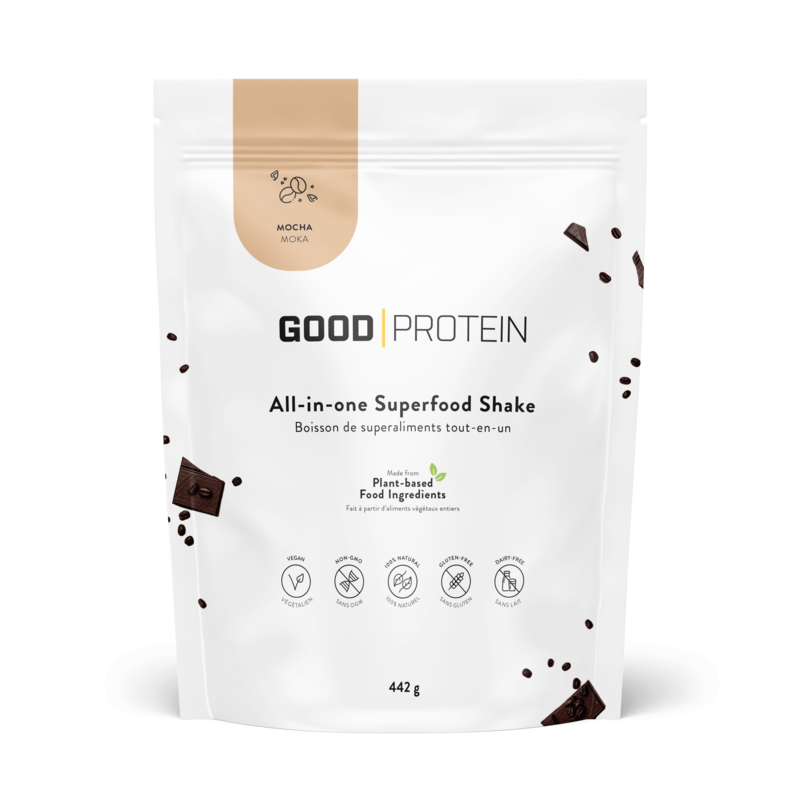
Ideal Sources of Protein
Whole Foods vs. Protein Powder
While protein powder is convenient, whole foods are generally more nutrient-dense options. Foods like chicken, fish, eggs, beans, and nuts provide various nutrients along with protein. These nutrients are essential for overall well-being and performance. Furthermore, whole foods contribute not only to muscle repair but also to improved cardiovascular and digestive health. That said, if you find it challenging to meet your protein needs through food alone, protein powder serves as an effective supplement.
Choosing Quality Protein Powder
Not all protein powders are created equal. When selecting a protein supplement, look for high-quality, clean ingredients. Check the label for additional vitamins and minerals that can support your goals. Furthermore, consider your dietary restrictions. Options like whey, casein, pea, and hemp protein are available to cater to various needs. Therefore, take the time to research and choose a product that aligns with your specific goals and lifestyle.
Conclusion
In summary, the number of protein powder scoops you need daily is influenced by various factors. By evaluating your current diet, activity levels, and goals, you can create a well-rounded plan. It is essential to prioritize whole foods while using protein powder as a supplement. Understanding the timing of your intake can elevate its effectiveness. Additionally, stay aware of the signs that indicate you may need more protein. Lastly, remember always to choose quality protein sources. Your journey towards improved fitness starts with informed decisions about protein intake.
Incorporating protein powder can facilitate muscle growth and recovery. However, it should complement a well-rounded diet. Embrace a holistic approach to nutrition. Prioritize overall health while optimizing your protein intake.

